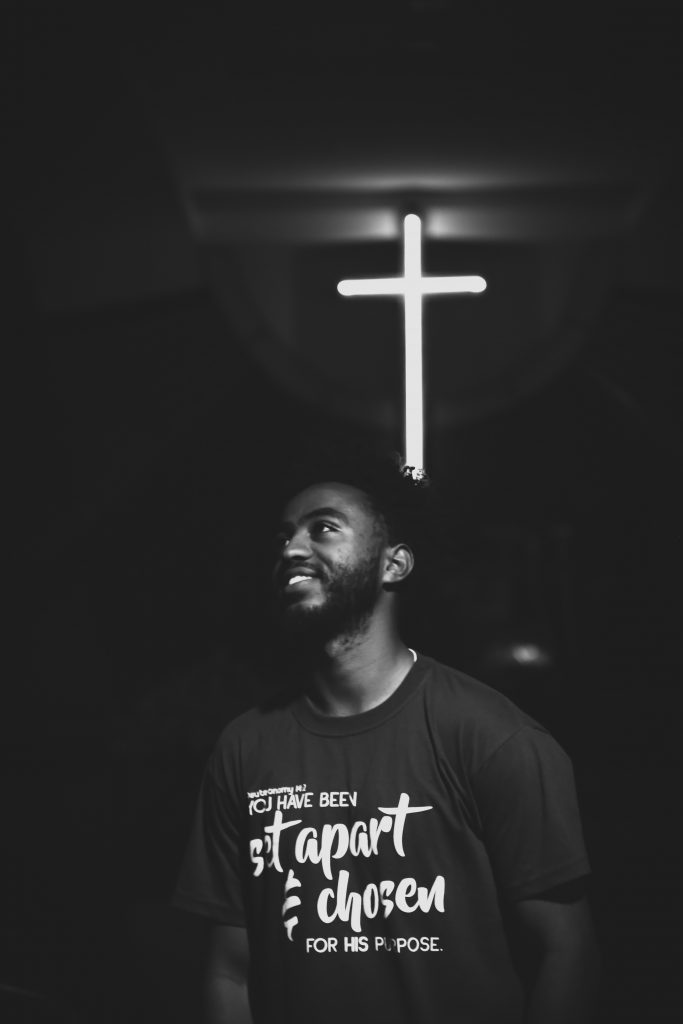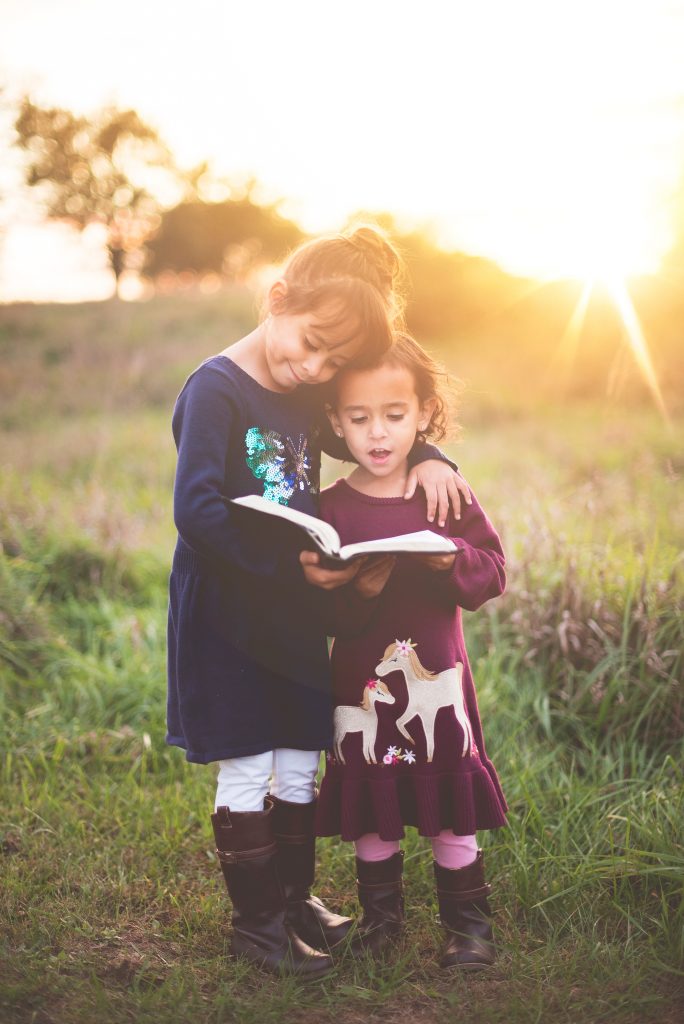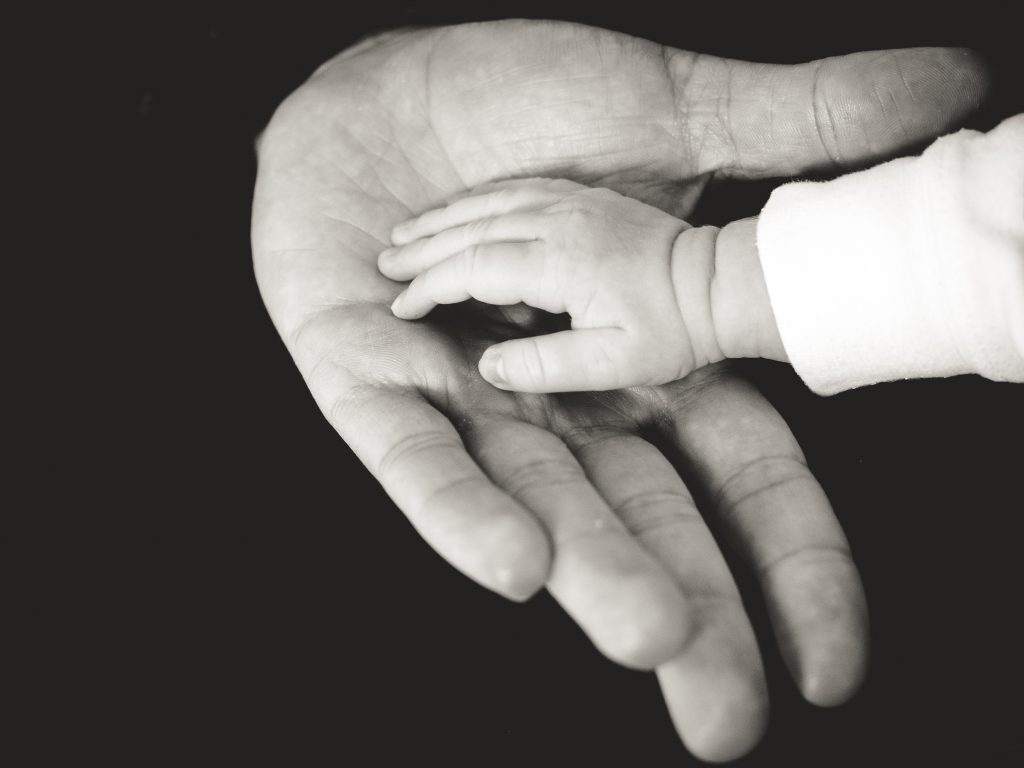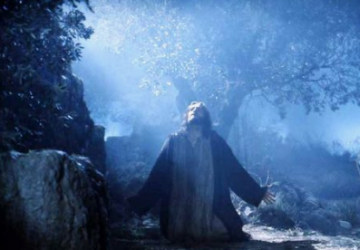
Dark days
Dark days can seem unending, and crushing.

As I read this article by Scott Hubbard, https://www.desiringgod.org/articles/when-joy-feels-far-away it was profound and meaningful to me. In it he says this:
“David reminds us, first, that seasons of darkness are normal for God’s people. And seasons is the right word there. Psalm 40 does not describe an afternoon’s sadness, but rather a long and stubborn darkness.
Notice, for example, the length of David’s darkness. “I waited patiently for the Lord,” he begins (Psalm 40:1). We never learn how long David sat in the shadows. We know only that, for a time, he cried to the Lord and received in return that miserable word: wait.
Mark also the persistence of David’s darkness. At the midpoint of the psalm, David seems to have escaped “the pit of destruction” and “the miry bog” (Psalm 40:2). But then, unexpectedly, he falls back in (Psalm 40:11–13). His return to the pit almost undoes him: “My heart fails me” (Psalm 40:12).
Finally, observe the ongoing presence of David’s darkness. By the psalm’s end, David still finds himself engulfed in shadows. Instead of rejoicing, he laments: “I am poor and needy.” And instead of praising, he pleads: “Do not delay, O my God!” (Psalm 40:17).
David’s song of happiness lost, found, and lost again chastens our expectations for joy in this age. His experience, alongside that of so many others, reminds us that we must not grasp for heaven too soon. All things are not yet made new; all emotions are not yet whole; all joy is not yet ours. As long as we walk in a frail body, and carry within us a mortal enemy, our joy, though real, will be mixed with darkness.
The darkness, agonizing as it can feel, is a shared darkness. Shared with psalmists, prophets, and apostles. Shared with saints before us and beside us. And shared, of course, with our Savior. “We are not on an untrodden path,” C.S. Lewis reminds us. “Rather, on the main-road” (Letters to Malcolm, 44). “
This fallen world
And this is the reality for many of us now. If it isn’t, this fallen world, and its circumstances may well have us in this position again and again. I don’t mean to be a Debbie downer. Life is rich and complex and often joy and laughter holds hands with sorrow and pain.

But sometimes, darkness, pain and disappointment feel only too real. They can blot out the joy and wonder – we ask ourselves, when will I feel joy again? When will there be relief? Where is the answer to my prayers?

We are not alone
Can we find ease in Hubbard’s statement? That “that seasons of darkness are normal for God’s people.” We are not alone. “The darkness, agonizing as it can feel, is a shared darkness.”
This why we need one another. On this journey, through valleys with rocks that we stumble over, and up and over the rough terrain of mountains, we can be burden bearers. We can be encouragers.

Did you know that there are 100 ‘one another’ statements in the New Testament and that at least half of those are directions for the way we are to treat each other?
When the days are dark and bleak – might we reach out? Follow these instructions:
One another
Encourage and build up one another (1 Th 5:11)
Bear one another’s burdens (Ga 6:2)
Comfort one another concerning the resurrection (1 Th 4:18)
Encourage and build up one another (1 Th 5:11)
Stimulate one another to love and good deeds (He 10:24)
Pray for one another (Jas 5:16)
Be hospitable to one another (1 Pe 4:9)
Be at peace with one another (Mk 9:50)
Gently, patiently tolerate one another (Ep 4:2)
Be kind, tender-hearted, and forgiving to one another (Ep 4:32)
Love one another (John 13:34, 15:12, 17; Ro 13:8)
Through love, serve one another (Ga 5:13).
Might we be heart’s ease for one another? May we point one another to Jesus, to His presence with us?
I think of this verse too, Psalm 57:1 – “Be gracious to me, O God, be gracious to me, For my soul takes refuge in You; And in the shadow of Your wings I will take refuge until destruction passes by.” Shadow infers darkness doesn’t it. It’s a jolting thought, this shadow may in some mysterious way hold refuge, indeed, may be the presence of God. In the midst of the darkness God is there. He has not left us, will never leave us.
The Horse and His Boy
We find a beautiful example of this in C. S. Lewis’s book, “The Horse and His Boy,” we find Shasta alone and feeling sad because of all the misfortunes that have come his way. In all his despair, Aslan comes to him.
“And being very tired and having nothing inside him, (Shasta) felt so sorry for himself that the tears rolled down his cheeks.
What put a stop to all of this was a sudden fright. Shasta discovered that someone or somebody was walking beside him. It was pitch dark and he could see nothing. And the Thing (or Person) was going so quietly that he could hardly hear any footfalls. What he could hear was breathing. His invisible companion seemed to breathe on a very large scale, and Shasta got the impression that it was a very large creature. And he had come to notice this breathing so gradually that he had really no idea how long it had been there. It was a horrible shock.
It darted into his mind that he had heard long ago that there were giants in these Northern countries. He bit his lip in terror. But now that he really had something to cry about, he stopped crying.
The Thing (unless it was a person) went on beside him so very quietly that Shasta began to hope that he had only imagined it. But just as he was becoming quite sure of it, there suddenly came a deep, rich sigh out of the darkness beside him. That couldn’t be imagination! Anyway, he has felt the hot breath of that sigh on his chilly left hand.
If the horse had been any good—or if he had known how to get any good out of the horse—he would have risked everything on a break away and a wild gallop. But he knew he couldn’t make that horse gallop. So he went on at a walking pace and the unseen companion walked and breathed beside him. At last he could bear it no longer.
“Who are you?” he said, barely above a whisper.
“One who has waited long for you to speak,” said the Thing. Its voice was not loud, but very large and deep.
“Are you—are you a giant?” asked Shasta.
“You might call me a giant,” said the Large Voice. “But I am not like the creatures you call giants.”
“I can’t see you at all,” said Shasta, after staring very hard. Then (for an even more terrible idea had come into his head) he said, almost in a scream, “You’re not–not something dead, are you? Oh, please—please do go away. What harm have I ever done you? Oh, I am the unluckiest person in the whole world.”
Once more he felt the warm breath of the Thing on his hand and face. “There,” it said, “that is not the breath of a ghost. Tell me your sorrows.”
It takes my breath away. He is here.
Now. With you. With me.
We are not alone.
Never alone.
An invitation
The Breath of His Spirit blows warm upon us. And He says: “Tell me your sorrows.”
It is the most tender and poignant of invitations.

And He says this too,
“Come to me, all you that are weary and are carrying heavy burdens, and I will give you rest. Take my yoke upon you and learn from me; for I am gentle and humble in heart, and you will find rest for your souls. For my yoke is easy, and my burden is light.” Matt. 11: 28 – 30.
Light in the darkness
So, we turn to Him, come to Him, pour out our heart’s. Tell Him our sorrows and anchor our hope in this, that He has come: “to give light to those who sit in darkness and in the shadow of death, to guide our feet into the way of peace.” Luke 1:79







-
-
1 month
Tagged Courage, Jesus, News, Questions